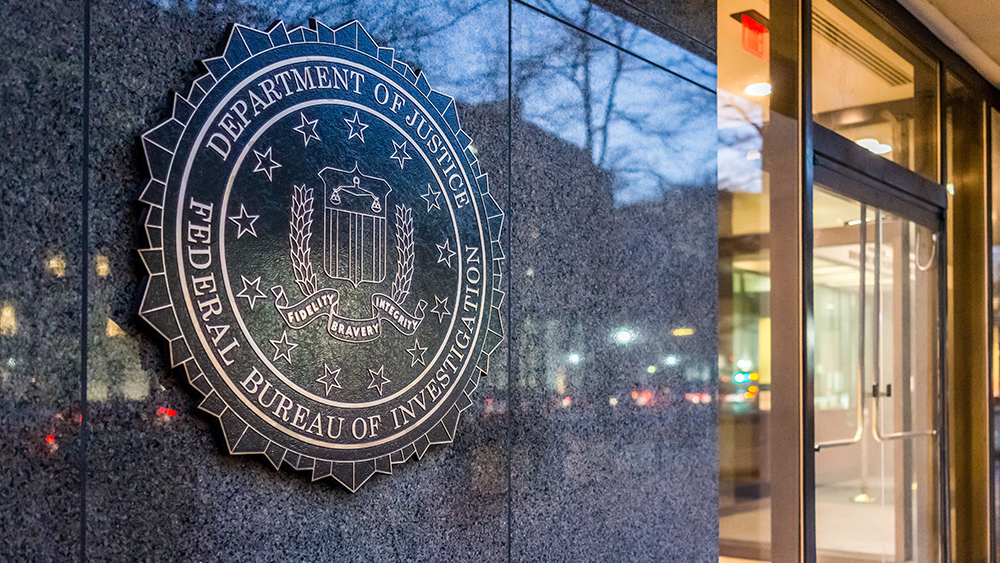Steve “The Big Short” Eisman: Brace For “Massive” Bond Losses In The Next Recession
from ZeroHedge:
Unlike many of the money managers who achieved instant Wall Street fame during the crisis, only for LPs to yank billions from their funds as performance faltered (John Paulson comes to mind), Steve Eisman has had a relatively successful post-crisis run as a money manager at Neuberger Berman.
Which is why when Eisman sits down for an interview with Bloomberg TV, it’s usual worth taking a few minutes to listen to what he has to say. After all, he has been right on at least one major contrarian call: his prediction that the Brexit negotiations would collapse and that the UK would eventually leave the EU without a deal (though the Brexit can was recently kicked, when Eisman first made that prediction, the financial establishment was still firmly united behind the view that the Tories, or the EU, would eventually fall into line and a deal would be reached). Then again, this hasn’t done much for Eisman’s bets against UK and Canadian banks.
But on Thursday, Eisman became the latest Wall Street luminary to warn about the dangers of the US corporate debt market, something that we have also discussed at length, and that even the Fed has cited as a vulnerable area.
Eisman said “big losses” in things like “BBB corporate” debt should be expected during the next downturn.
“You will see big losses in things like triple-B corporate debt, high-yield etcetera, but you need a recession first,” he said. “Corporate debt isn’t going to cause the next recession, but it’s where the pain will be in the next recession.”
Moving on to a discussion of his view on the market following a ten-year bull run, Eisman warned that shorting stocks simply because they’re expensive isn’t a good strategy for producing returns.
“Shorting expensive stocks in an age of disruption is a recipe for burning your money…you need to have a reason to short a stock other than P/E.
“The reason I think it’s an interesting short is they’re entering a new business expanding from their business of being an Internet platform company where they’re going and buying houses and flipping them.”
Right now, Eisman said his largest short is Zillow, the online real estate portal. His reasoning? The company recently decided to expand into a business that Eisman – with reason, given his experiences during the housing bubble – believes is extremely risky: Buying and flipping homes.
“My largest short is a company called Zillow.”
“The reason I think it’s an interesting short is because they’ve just entered a new business out of the business of being an Internet platform company. What I find ironic about it is why do people like Internet platform companies? They generate a lot of revenue, they generate a lot of free cash flow, they’re not cyclical and they have margin expansion. Now Zillow is getting into a business that’s capital intensive and cyclical and in a recession they’ll get killed.”
With Uber’s market debut just one day away, Eisman told his hosts that he plans to stay away from Uber and Lyft. Why? Because they’re “dangerous,” he said. He also casually mentioned that he has a small short position in Tesla – but for Eisman, Tesla is the exception. When it comes to some of these perennially money losing tech stocks, Eisman warned that figuring out the right metrics can be exhausting.
“Lyft or Uber is dangerous. I’m short Tesla, but I’ve never been short Tesla big…and I’ve done well with the short in Tesla. But getting involved with Uber and Lyft at this early stage is so difficult because valuation really doesn’t matter so you’re trying to figure out what’s the next incremental data point that’s going to matter. I’m just not involved…it’s too hard.”
“They’re not valued on traditional valuation metrics which is like shorting a ghost.”
And when it comes to the topic du jour – the prospects for a US-China trade deal – Eisman said he expects a deal will be made “at the very last second”, and that the volatility that has emerged since Sunday night isn’t over yet.
“My base case is there’ll be a deal at the very last second. There’ll be a lot of volatility but my best guess is there will be a deal of some kind at the end of the day. It’s very hard to plan your portfolio around a disaster that you have no control over. That’s like rolling dice.”
Loading...



